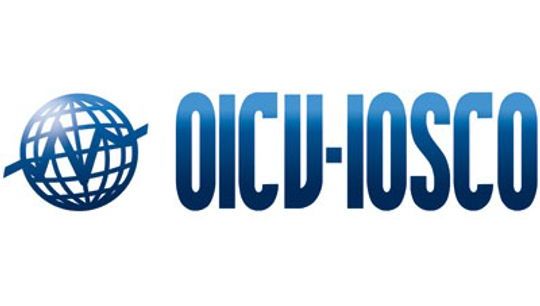The Alternative Credit Council (ACC) supports reform of the ELTIF regulation to finance European SMEs
Published: 10 June 2020
The Alternative Credit Council (ACC) welcomes the final report of the European Commission’s High-Level Forum on the Capital Markets Union and its recommendation to reform the European Long Term Investment Fund (ELTIF) Regulation. Expanding capital markets in Europe is more important than ever and we applaud the determination of policymakers in pursuing this agenda.
European businesses often lack access to the capital they need to scale and grow. This has been exacerbated by the COVID-19 pandemic and therefore makes access to all forms of non-bank finance all the more urgent. The ELTIF vehicle has many positive features, such as the ability to originate loans on a cross border basis. However, it also suffers from a number of deficiencies which have so far hindered a broader take up by investors and asset managers alike.
One of the key findings from the ACC’s most recent Financing the Economy research was that while half of private credit managers expect to grow the amount of capital they invest in European businesses over the next three years, Europe also has the highest barriers to non-bank lending in the world. This means the amount of capital deployed will continue to be below the real potential unless the non-bank finance regulatory infrastructure changes.
The ACC has published a position paper that puts forward a number of detailed reform proposals that could make the ELTIF vehicle a globally attractive option for pooling and investing private capital in Europe’s companies. These same businesses not only require funds to fuel their recovery from the current crisis, but also need significant long-term investment as they transition to more sustainable models. Reforming ELTIF will help them overcome these challenges.
Jiri Krol, Global Head of the ACC commented: Nurturing capital markets requires a combination of political ambition and targeted policy interventions. The endorsement of ELTIF reform in the High Level Forum’s report is a welcome sign of ambition as well as recognition that non-bank lenders have to play a major role in Europe’s financing mix. As policymakers take forward this mandate, it is essential that this leads to practical reforms to unlock ELTIF’s potential which will, in turn, result in finance flowing more easily from investors to European businesses.
ENDS
Notes to editors
For media information:
Laura Morrissey, Hume Brophy, e: [email protected], t: +44 (0)20 7862 6383
Tom Kehoe, Global Head of Research & Communications, AIMA, e: [email protected]
About the ACC
The Alternative Credit Council (ACC) is the global body representing asset management firms in the private credit and direct lending space. It currently represents over 170 members that manage $400bn of private credit assets. The ACC is an affiliate of AIMA (the Alternative Investment Management Association). It is governed by its own board which ultimately reports to the AIMA Council. ACC members provide an important source of funding to the economy. They finance mid-market corporates, SMEs, commercial and residential real estate developments, infrastructure and the trade and receivables business. The ACC provides guidance on policy and regulatory matters, supports wider advocacy and educational efforts and produces industry research to strengthen the sector's sustainability and economic and financial benefits. Alternative credit, private debt or direct lending funds have grown substantially in recent years and are becoming a key segment of the asset management industry. The ACC seeks to explain the value of private credit by highlighting the sector's wider economic and financial stability benefits.
About AIMA
The Alternative Investment Management Association (AIMA) is the global representative of the alternative investment industry, with more than 2,000 corporate members in over 60 countries. AIMA’s fund manager members collectively manage more than $2 trillion in hedge fund or private credit assets. AIMA draws upon the expertise and diversity of its membership to provide leadership in industry initiatives such as advocacy, policy and regulatory engagement, educational programmes and sound practice guides. AIMA works to raise media and public awareness of the value of the industry. AIMA set up the Alternative Credit Council (ACC) to help firms focused in the private credit and direct lending space. AIMA is committed to developing skills and education standards and is a co-founder of the Chartered Alternative Investment Analyst designation (CAIA) – the first and only specialised educational standard for alternative investment specialists. AIMA is governed by its Council (Board of Directors). For further information, please visit AIMA’s website, www.aima.org.










